Though my son, Najeeb Walid Harb, (August 4, 1974 – March 24, 1989), has been dead for thirty-four years, he remains the center of my interior world. Even deciding what language to use in describing him and what happened to him is fraught with worry. It isn’t often I speak or write his name. Najeeb. Najeeb. Najeeb. I reckon time by remembering the things that I cannot forget, the date of his birth and the date of his death. Everything falls in relation to these events: before, during, after. A part of my reluctance to write about Najeeb as memoir, as non-fiction is my fear of having to remember how very painfully injured he was and contemplate the pains he suffered — even if for a moment —- before he died. I have not ever wanted to reconsider this.
I ponder from time to time these days how he’d get along in this environment of so much hostility to people with Middle Eastern identity? The resilient, intelligent and personable youngster he was then would have served him well. I’m confident he’d navigate his very Arab ethnic name and his very Black identity.
I think that his presence, rather than this absence of him would have made a difference in our world. Ha, a mother’s bias you think. But people who had met him even at the young age of 14, had seen something remarkable and special about him. A mother’s bias. They often even still say that they think he’d have made a different world. He likely would have. He was so physically beautiful that, in this appearance-driven society, people would have always wanted his presence. A mother’s bias? If you saw his photos you’d agree.
A thing I miss - have always missed badly is the look of delight, of recognition. Him recognizing me at a distance, at the bus station, at the train station, across a crowded room. It is a palpable pleasure that I physically long for, seeing the look of joyful recognition. He was always glad to see me and I him.
A close friend, a woman I loved and trusted asked me just after Najeeb was born whether I would raise him as a black child or a white child. I replied, of course, that I’d raise him as my child. I was caught unprepared. I hadn’t thought that I would, in fact, be making a choice about his identity. When Walid and I divorced, the decision was made. I would take him into my family, my world, and our identity. He would only have our identity and his Arabic identity would be tangential. His Arabic identity would only be useful as an advantage for his appearance. His appearance conferring advantages in our community. This always disturbed me though no one would say that he was not beautiful, really, really beautiful.
This poem I just now came across - so moving - very much reflects the ways my soul has continued to long for and look for Najeeb, in every face and demeanor. There is always the lack.
"Where did the handsome beloved go?”
by Jalal Al-Din Rumi
translated by Brad Gooch and Maryam Mortaz
Where did the handsome beloved go?
I wonder, where did that tall, shapely cypress tree go?
He spread his light among us like a candle.
Where did he go? So strange, where did he go without me?
All day long my heart trembles like a leaf.
All alone at midnight, where did that beloved go?
Go to the road, and ask any passing traveler —
That soul-stirring companion, where did he go?
Go to the garden, and ask the gardener —
That tall, shapely rose stem, where did he go?
Go to the rooftop, and ask the watchman —
That unique sultan, where did he go?
Like a madman, I search in the meadows!
That deer in the meadows, where did he go?
My tearful eyes overflow like a river —
That pearl in the vast sea, where did he go?
All night long, I implore both moon and Venus —
That lovely face, like a moon, where did he go?
If he is mine, why is he with others?
Since he’s not here, to what “there” did he go?
If his heart and soul are joined with God,
And he left this realm of earth and water, where did he go?
Tell me clearly, Shams of Tabriz,
Of whom it is said, “The sun never dies” — where did he go?
I had a dream one night. Najeeb was present, he is occasionally present in dreams. He appeared like himself. Mostly it was a feeling of nearness. I touched him. I hugged and kissed him. The effect of these actions was felt in waves of pleasure throughout my body. We talked and laughed together. Laughing together is the something I remember. I awoke feeling as if I had laughed heartily and for a long time. It was cathartic even within the parameters of the dream. We were going around gathering up our things and packing the car to leave the place, the building. It was the flatiron-shaped building that I often dream about. We were ranging inside and outside. There was the sense of other people who observed us, whom we spoke to, but also there was the feeling that we were a family unto ourselves. I wish I could count on this dream to always come, that I could guarantee that I’ll see and feel him when I sleep.
When your child dies before their fifteenth birthday, you will always have a sense of failure. It is a failure not to have brought them successfully to maturity. It is a nagging feeling that keeps you from embracing some exuberant thoughts. Fatally injured in a fall, he died on Good Friday with a blood red moon in the sky. Kneeling on the ground beside him, his blood leaked out of everywhere onto the ground. I knelt in some of it. It was absorbed on my pants legs. I remember I thought I ought to try to scoop it into my hands and put it back into his body somehow. I can go back to that feeling in a flash. I can still remember feeling that I wanted to stop and collect the blood that was pooling and running away. I remember that my coat was stained with blood and that the woman at the dry cleaners handled it with great care and respect when I told her what the stain was.
If you’ve read my novels you’ll know that there’s a wraith at the heart of the narrative who embodies my late son, Najeeb. Information about the books at my website




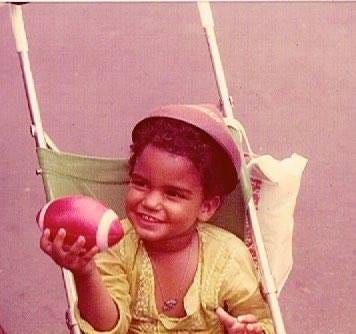
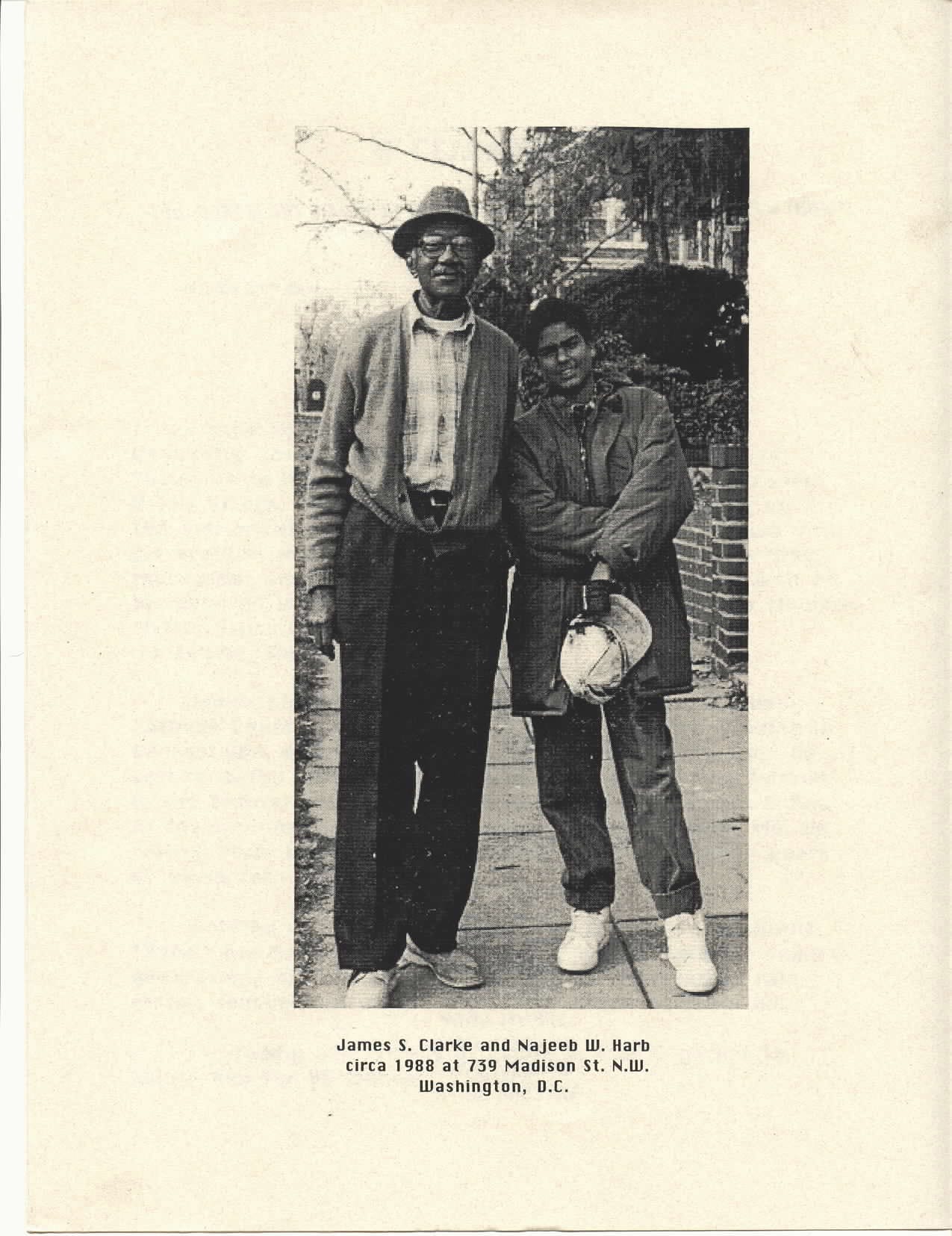
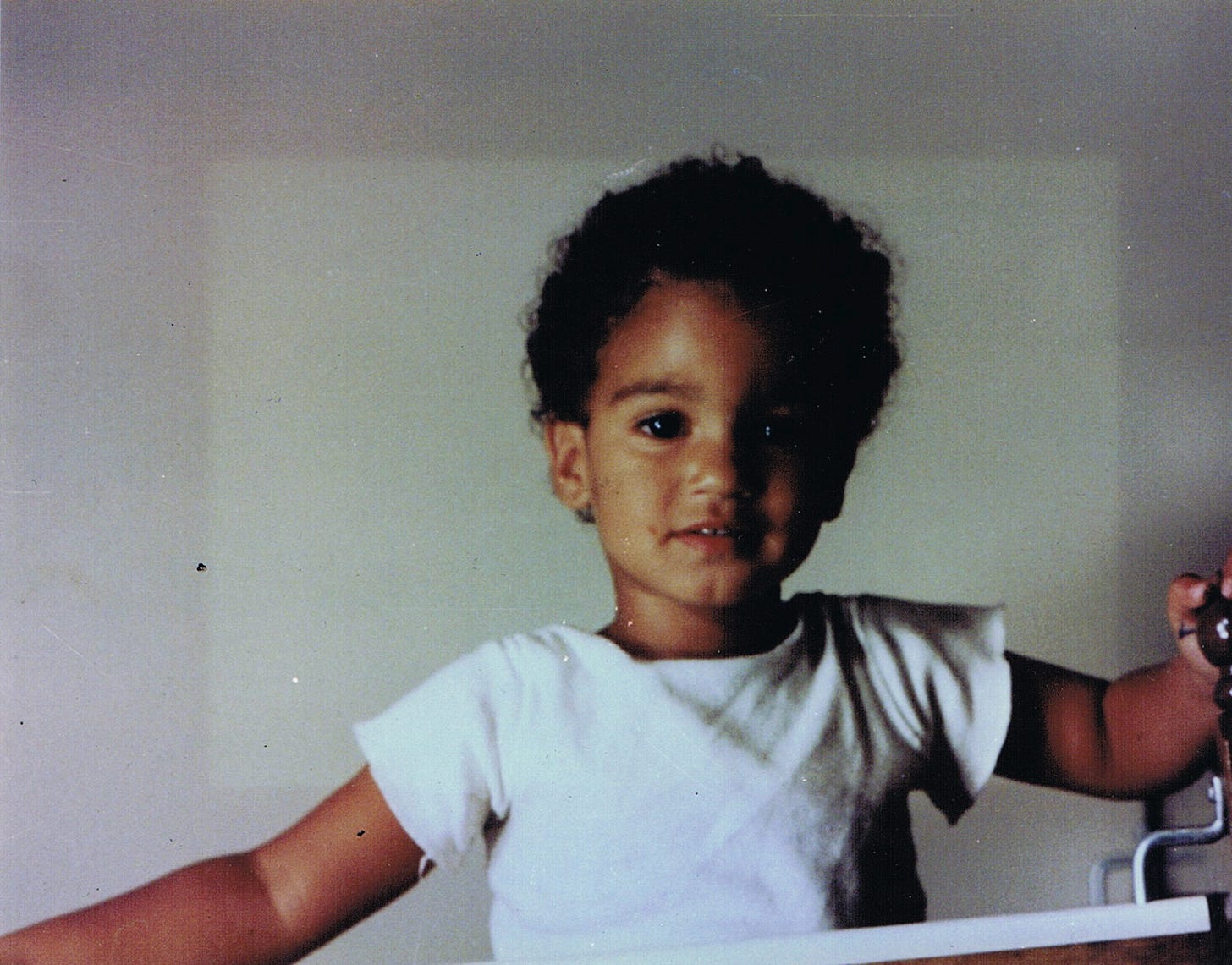
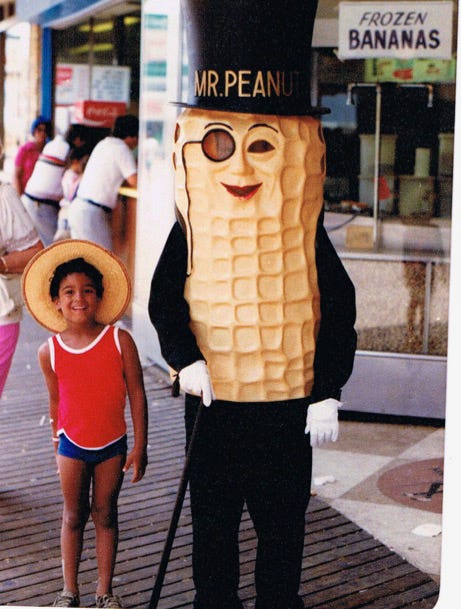

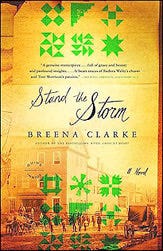
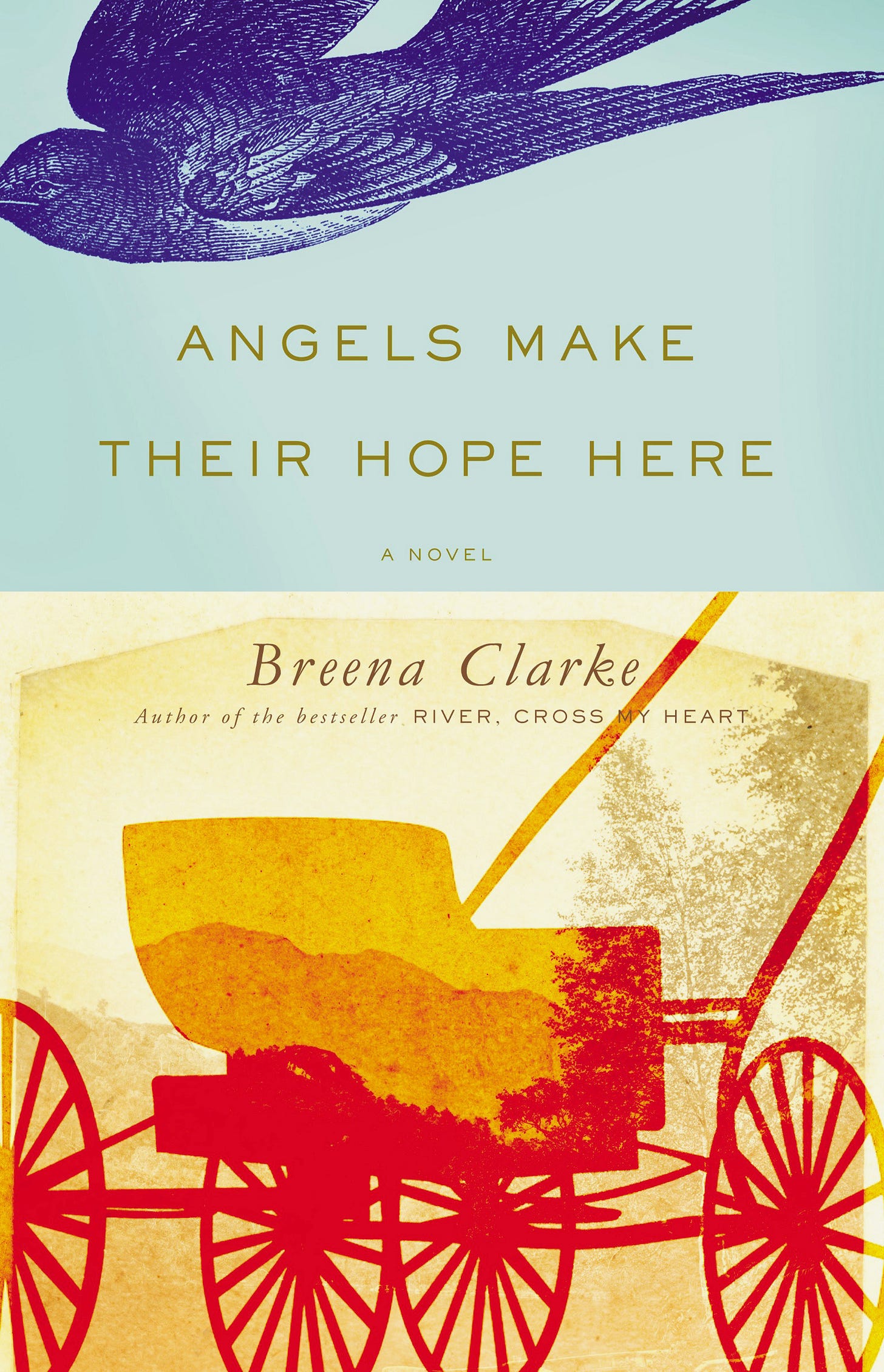
He was my classmate and I miss him to this day !! He was special
This is such a moving tribute to your son and his beauty and to the love you shared.